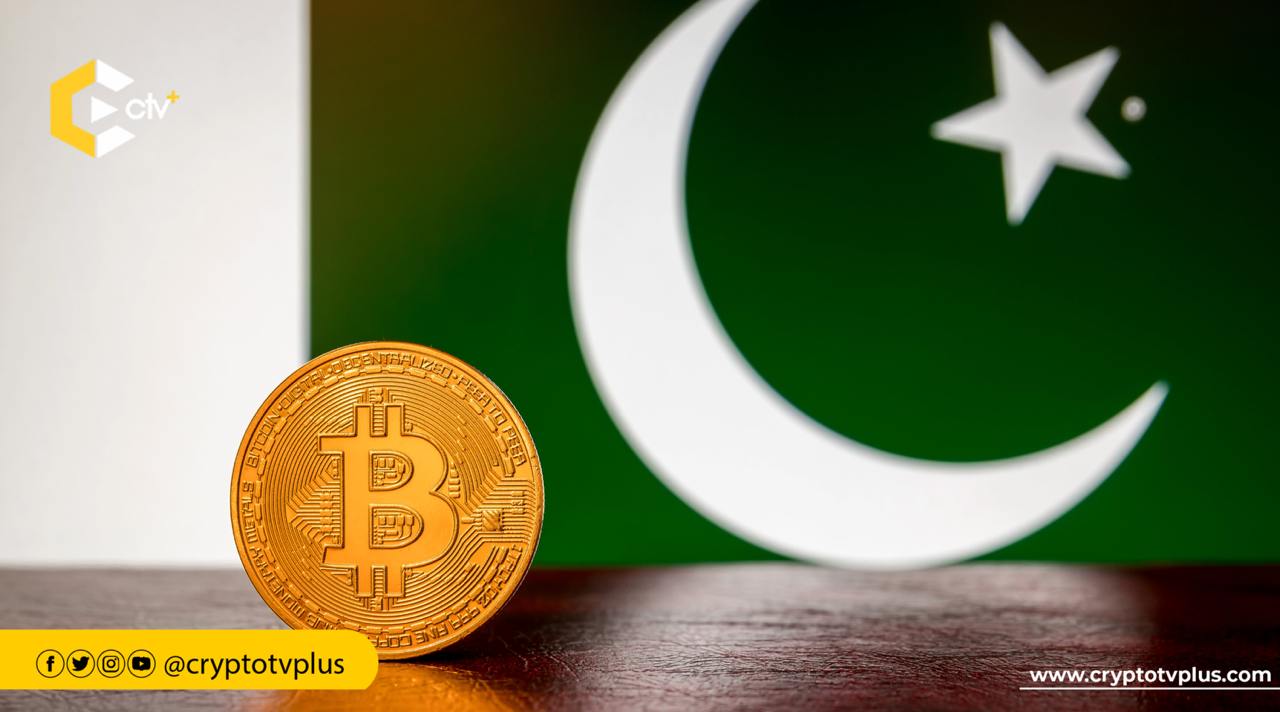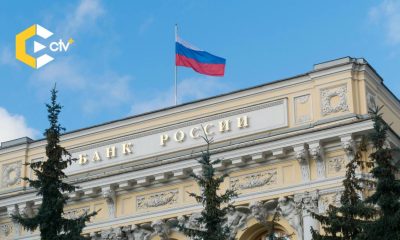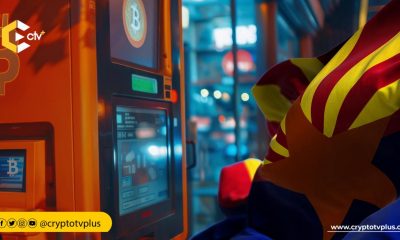News
Pakistan sets up digital assets authority to oversee its virtual economy
Pakistan is launching a national authority to regulate its growing digital economy, marking its most ambitious step yet toward formalizing crypto, blockchain, and digital asset activity.

Pakistan has announced the launch of a new national agency to regulate and manage its fast-growing digital economy. Called the Pakistan Digital Assets Authority (PDAA), the body will oversee all activity related to cryptocurrencies, blockchain technology, tokenization, and virtual financial tools.
According to the Finance Ministry, the PDAA is designed to bring order to Pakistan’s fragmented and informal crypto market, which it estimates is worth over $25 billion.
Beyond simply licensing exchanges and wallets, the PDAA will also be responsible for setting the rules that digital asset companies must follow—rules aligned with international standards, particularly those outlined by the Financial Action Task Force (FATF), the global anti-money laundering watchdog.
The move signals a stark shift in tone from Islamabad. After banning cryptocurrencies in 2023 over fears of financial terrorism, Pakistan now aims to regulate the sector and extract value from it—especially through Bitcoin mining, cross-border trade tools, and blockchain-driven startups.
The PDAA is a national imperative, according to the Finance Minister Muhammad Aurangzeb, and its establishment will help Pakistan catch up and lead other nations in the digital asset space.
“With the PDAA, we are creating a future-ready framework that protects consumers, invites global investment, and puts Pakistan at the forefront of financial innovation.”
The agency will also explore tokenizing public assets, such as government land or infrastructure.. Legal clarity for both local and international investors is a top priority. The PDAA is expected to become a single point of access for everything from mining operations to licensing new crypto platforms.
The urgency is not just regulatory—it’s economic. With inflation hammering the rupee, millions of Pakistanis have turned to digital assets as a hedge. Crypto adoption is expected to climb to 27.1 million users by the end of 2025, generating over $1.6 billion in local market revenue—roughly 11.7% of the population engaged in digital assets.
Private sector momentum is also growing. A 2025 Visa study found that 78% of Pakistan’s small and medium businesses see digital payments as critical to their future. More than three-quarters reported higher revenue after adopting them, while 87% cited better customer retention.
This effort isn’t limited to crypto, according to Bilal Bin Saqib, head of the Pakistan Crypto Council. It’s about financial inclusion. PDAA can help ordinary Pakistanis access systems they were previously locked out of—and it gives our youth the chance to build global solutions from home.
In 2022, the Pakistani Central Bank announced laws for Electronic Money Institution, aimed at developing a Central Bank Digital Currency (CBDC) slated to launch in 2025. This regulation seeks to promote financial inclusion and reduce corruption, according to State Bank of Pakistan spokesman Abid Qamar.
The State Bank of Pakistan (SBP) will license EMIs and non-bank entities to facilitate the issuance of e-Money, thereby enabling digital payments.
With the PDAA, Pakistan is betting on blockchain as a strategic attempt to write the rules of its own digital future.

























60 Comments